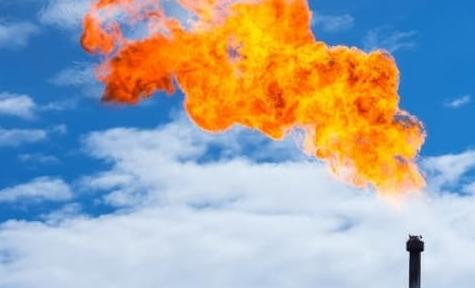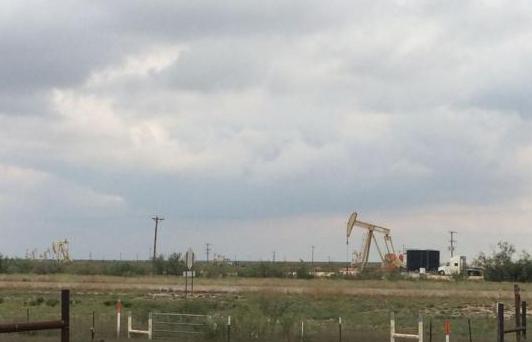
Oil and gas is big business in New Mexico and in Lea County. It’s important to remember that New Mexico is the third largest oil producing state in the USA and that oil and gas production is a major driver of the state’s economy. The oil and gas industry puts paychecks into the pockets of workers and allows economies to excel.
Of course, this factor is critically important to Lea County residents, not to mention the county’s municipalities. But still, the economic benefits of a thriving energy industry often come with certain drawbacks, including potential damage to the environment and to the health of those living close to the areas where oil and gas is produced.
Balancing the benefits against the disadvantages that the energy industry provides to the state of New Mexico has become a hot button political issue of high magnitude. Oil and gas companies are intricately involved in New Mexico state politics, and energy companies, mineral owners and entrepreneurs contribute significantly to both major political parties.
According to a report from New Mexico Ethics Watch, in 2020 some $3,300,000 was given to New Mexico campaigns, politicians, PACs, committees and the like by various oil interests. “Though the pandemic left many New Mexicans struggling to make ends meet, oil-friendly politicians didn’t have to worry about their campaign coffers going dry,” reports Kathleen Sabo, the executive director of New Mexico Ethics Watch.
The 2021 regular session of the New Mexico state legislature ended on March 20th, with many energy and environmental issues remaining in limbo or unaddressed. One example is SB149.
Co-sponsored by Democrats Sen. Antoinette Sedillo Lopez and Rep. Patricia Roybal Caballero, both of Albuquerque, SB149 would place a moratorium on fracking permits for a four-year period. The concept was to allow the state of New Mexico to conduct “studies to determine the impacts of fracking on agriculture, environment and water resources and public health,” according to NM Political Report.
The bill passed the Senate Conservation Committee on February. 13. 2021 and was immediately sent to the Senate Judiciary Committee. However, according to Food and Water Watch, Judiciary Committee Chairman Sen. Joseph Cervantes (D) of Las Cruces held the bill “hostage” for more than a month, resulting in the bill dying at the end of the 2021 legislative session.
Freelance journalist Cody Nelson of Santa Fe stated during an interview that Senator Cervantes, who represents District 31 in the Permian Basin, “has heavy ties to the oil and gas industry. He receives a significant portion of his campaign finance contributions from fossil fuel interests.” Nelson goes on to say that Cervantes shot SB149 down, never scheduling it for a hearing.
Rather than merely a pause to examine the effects of fracking, many viewed SB149 as a ban on fracking. And a ban on fracking would cut heavily into state oil and gas revenues, which are very important to the well-being of New Mexico. The vast majority of the state’s public education is funded by oil and gas revenues.
Newly elected District 2 Congresswoman Yvette Herrell, who represents Lea County, has yet to comment on SB149. However, Herrell is on record as being very supportive of New Mexico’s oil and gas industry. Earlier in March of this year, she sent a letter to Governor Michelle Lujan Grisham asking the governor’s assistance in exempting New Mexico “from President Joe Biden’s moratorium on new oil and gas leasing on federal land.” According to the congresswoman’s website, Herrell is opposed to the Biden “administration’s anti fossil fuel policies.”

The Santa Fe Democrat and Speaker of the New Mexico House Brian Egolf did not comment on the fact that SB149 did not move forward. According to NM Political Report, he said: “We in the State House of Representatives have made addressing climate one of our top priorities over the last two sessions, and we will continue to make New Mexico a climate leader nationally and globally.” But what exactly does this mean to Lea County residents?
Oil and gas production is very important to Lea County. Legislative mandates, although often protecting the environment and the well-being of Lea County residents, may interfere with everyday procedures in carrying out oil and gas production. What will happen in the 2022 legislative session is anyone’s guess. All we know now is that fracking continues regardless of the impact it may have on our environment and the people who live in Lea County. A recent study from USC-UCLA pinpoints the Permian Basin, noting that the area is a hot spot for health problems resulting from an excess of burned-off natural gas at oil and gas production sites.


